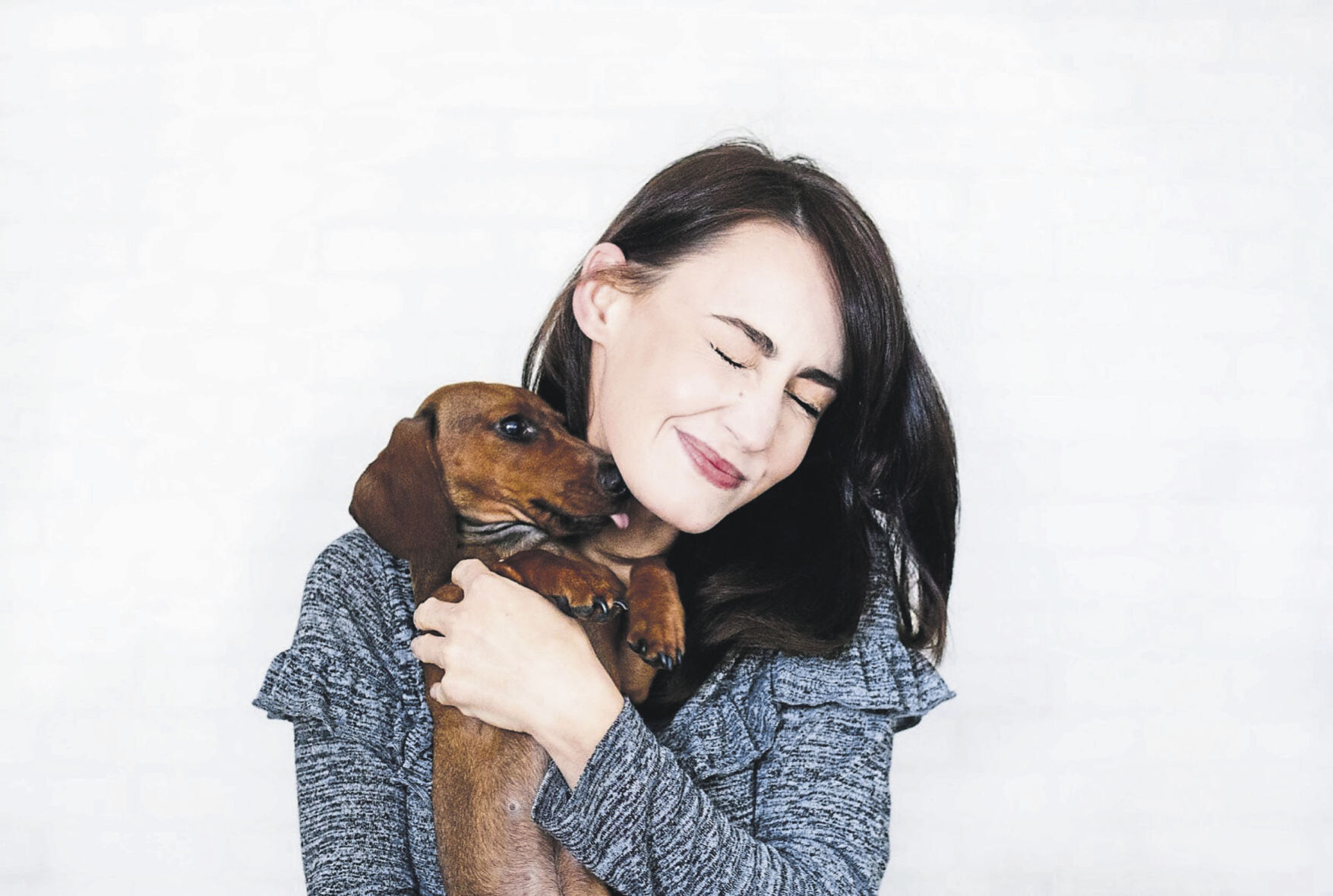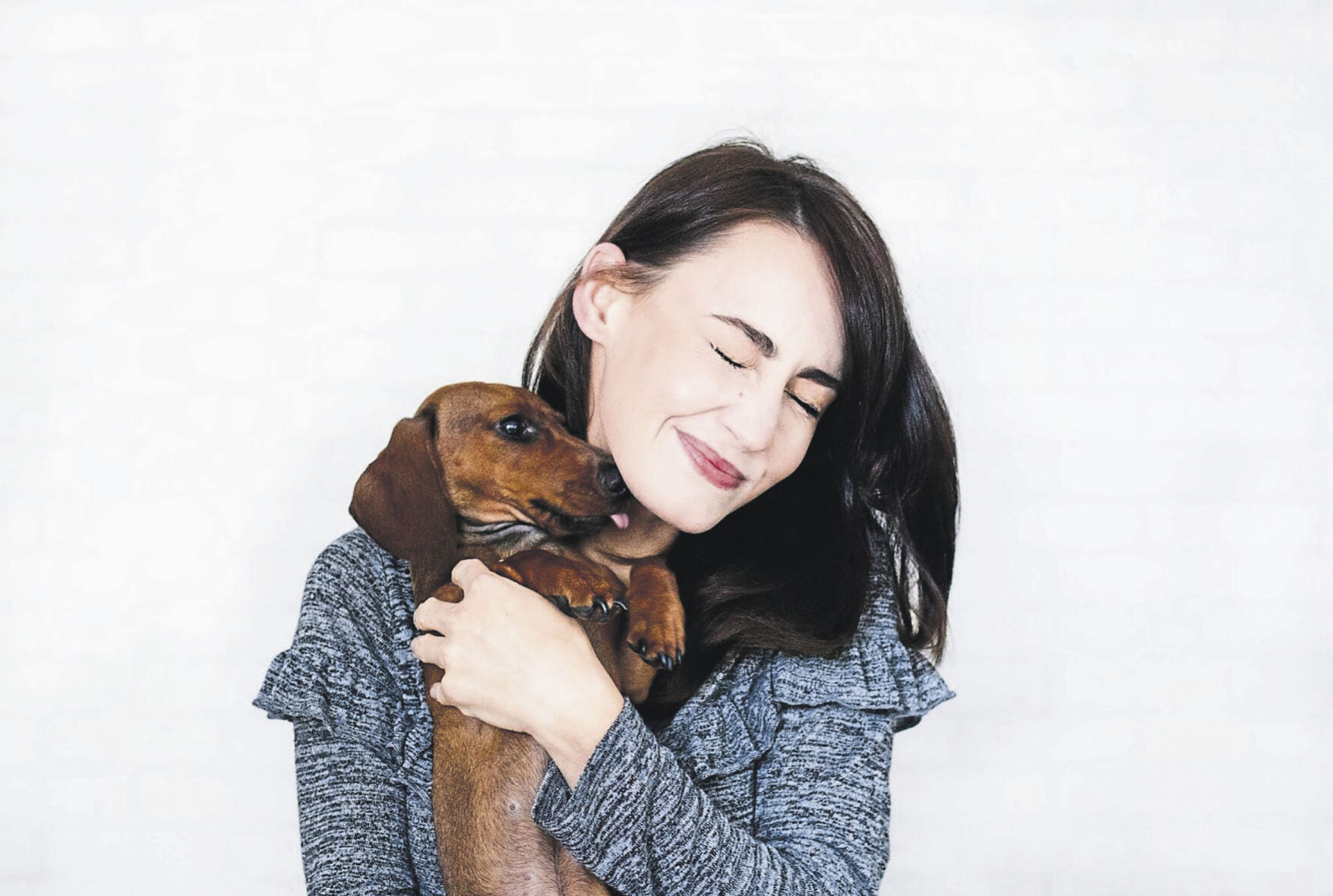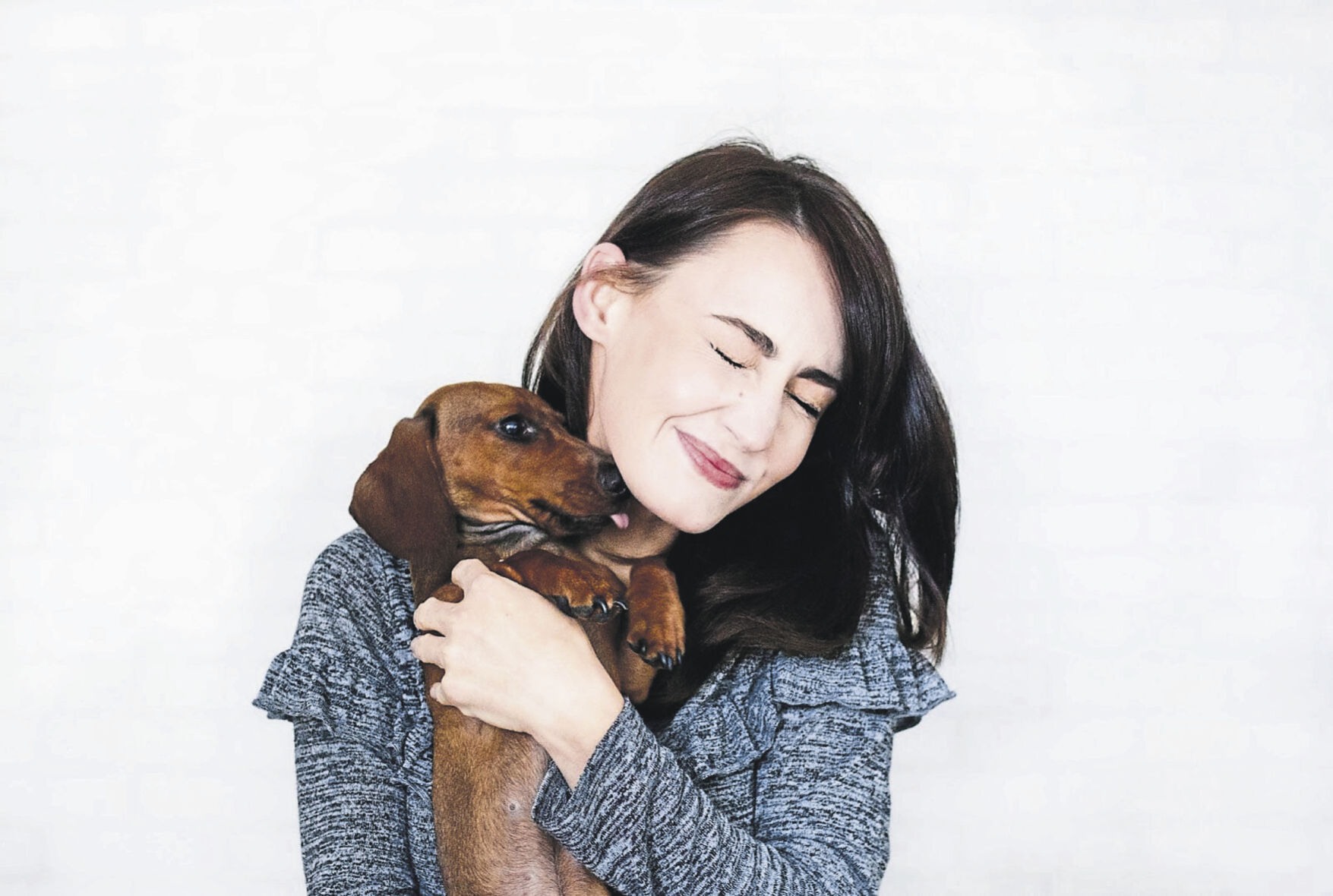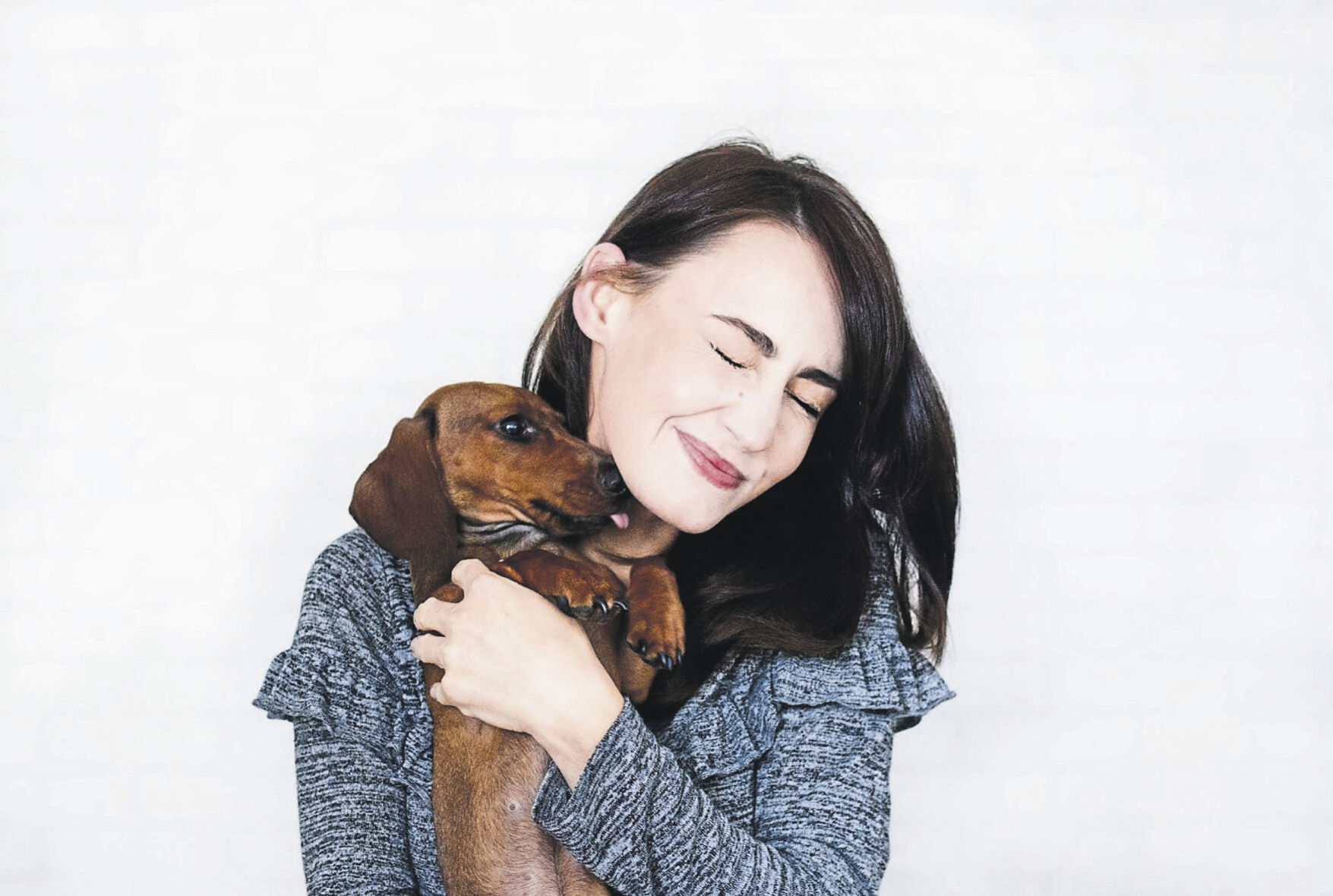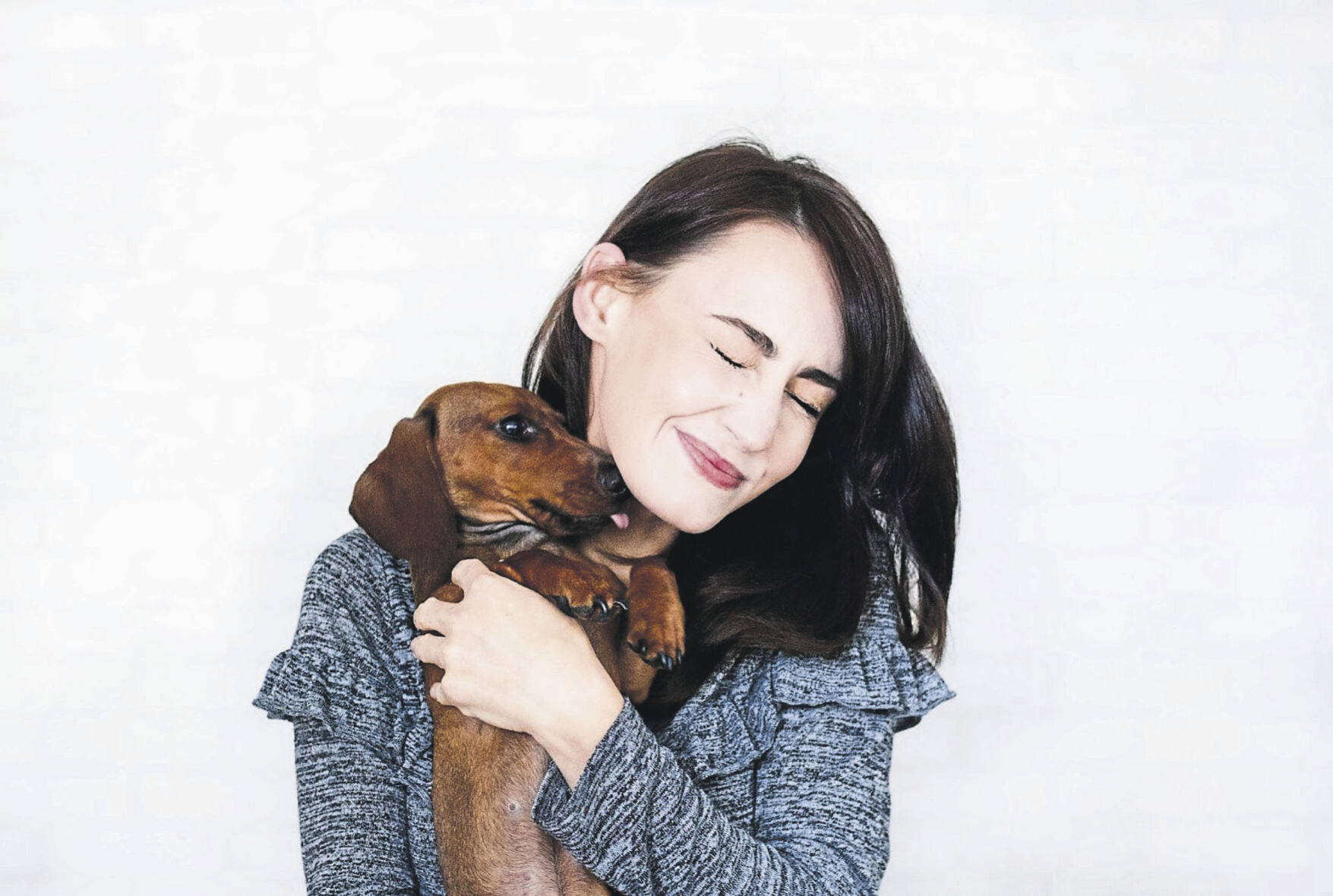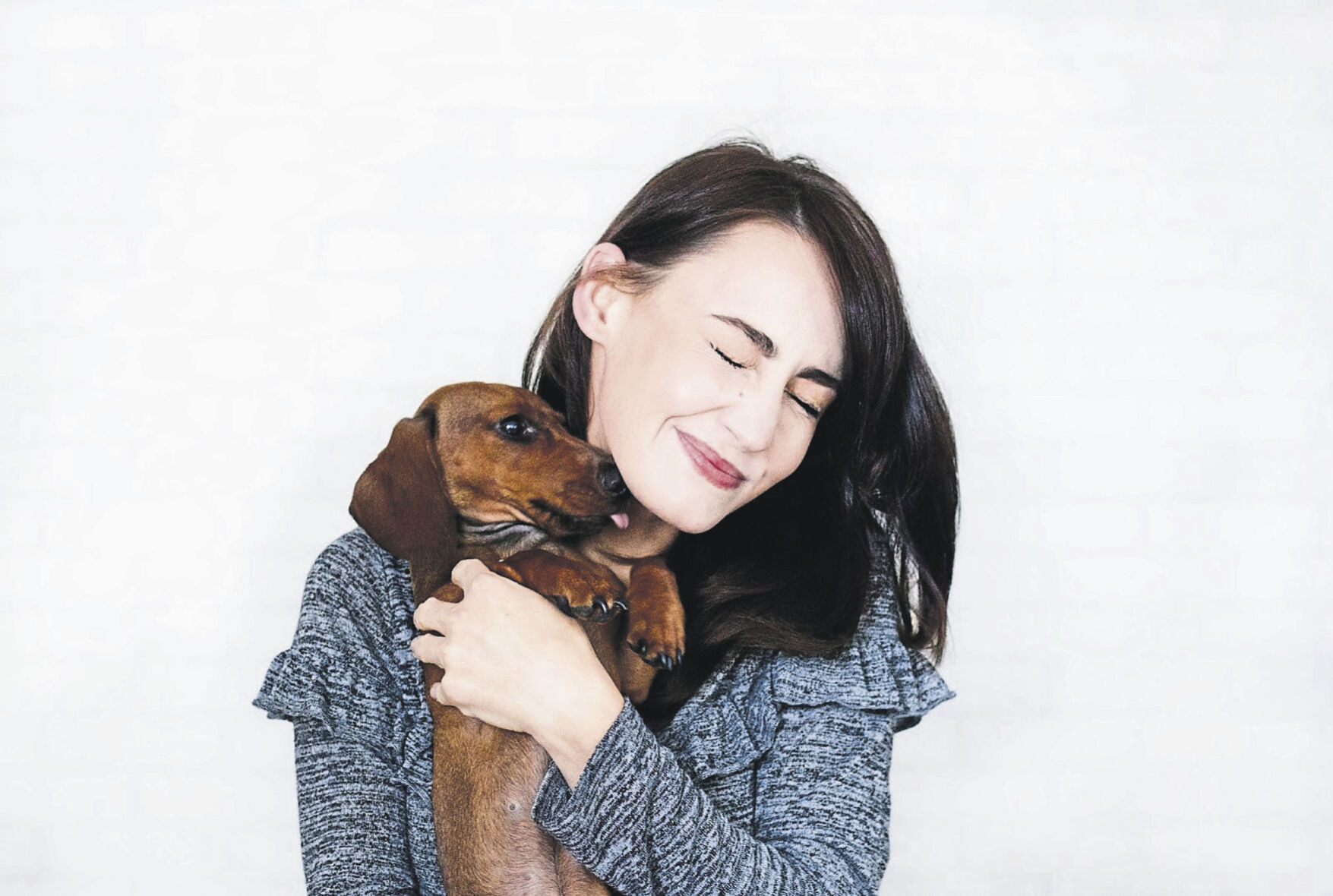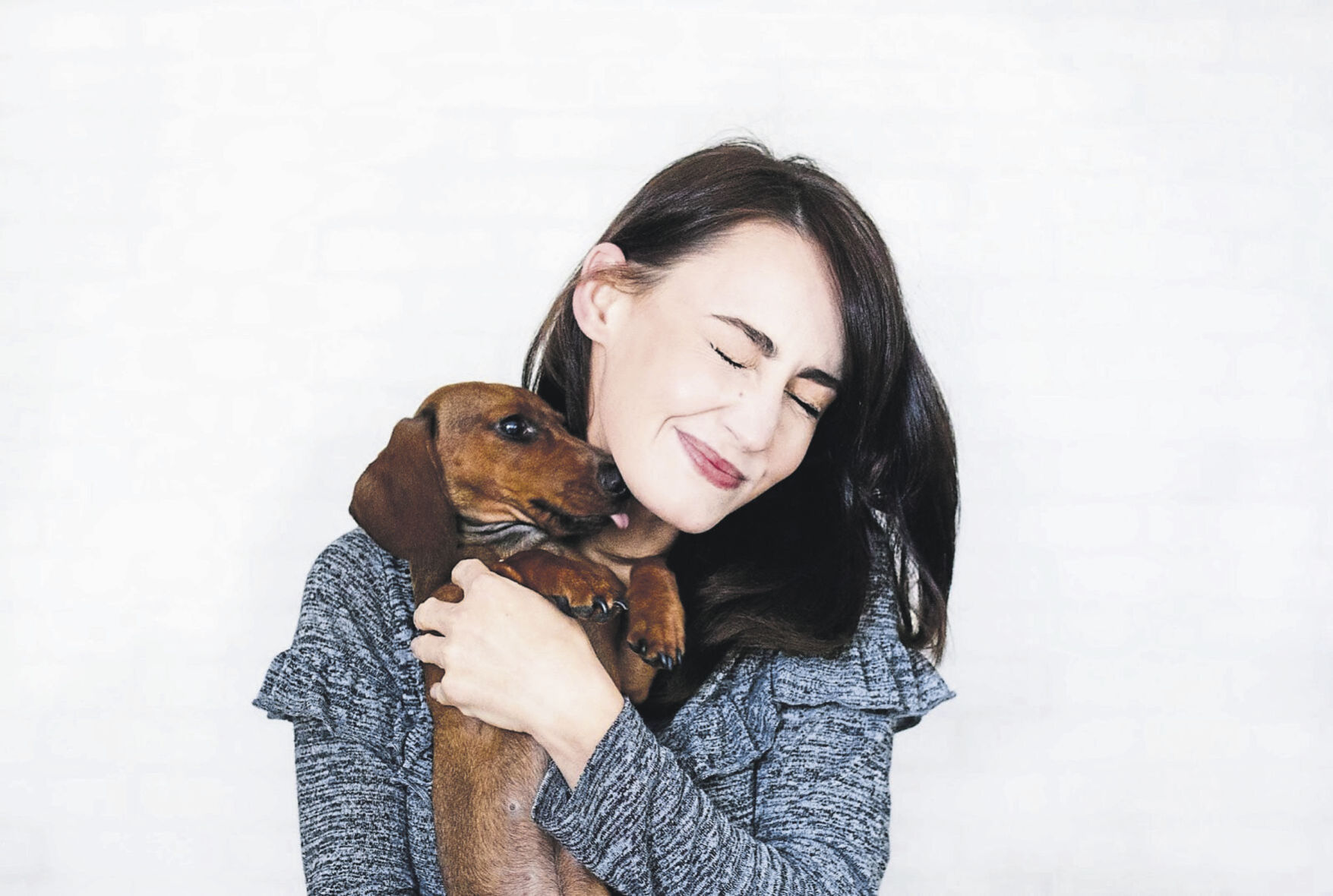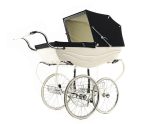Traveling can be unsettling for animals, and there are things to think about before setting off.
Whether traveling by car, air, rail or sea, it’s vital to make sure pets can be accommodated. Where they can be kept is another fundamental thing to think about.
Here is what to consider:
Suitability of the breed
If you are thinking of flying, consider whether the animal you have will be OK being transported on a plane. Dog breeds like lhasa apsos, pugs and bull terriers are not suitable to fly — particularly those with snubbed-noses, as this makes them sensitive to air changes. The same goes for snubbed-nosed cats, including Himalayan and Persian cats.
The best option for these breeds is to consider traveling an alternative way, such as the Eurostar or ferry.
Animal documentation
When traveling abroad, not only do you have to think about your passports and visas, but your pet also will need one. Getting your pet a passport and an animal health certificate are essential before you travel.
Vaccinations
Just like with humans, your pets will need to be up-to-date with all essential vaccinations before traveling. Making sure they have their booster jabs if they need them, and rabies vaccinations are essential. Make sure you check with the country you’re traveling to, to find out what their policies are, because each one will be different.
Comfortable carriers
One of the most important parts of the traveling process is making sure your pet is comfortable, which will make the transition as relaxing for it as possible. This means getting a comfortable carrier that is big enough or making sure the area it is traveling in is suitable for a long journey.
CostAs well as vet fees, there are other fees that will need to be taken into account when traveling with pets, such as if arrangements need to be made for someone to pick them up or the extra costs for flights and ferries.
Age of your pet
Older animals might find the experience stressful, whereas others might not be able to adjust to the climate of a new location, so always keep the best interests of your pet in mind.
Some animals might get lost
Some animals might become disorientated by their surroundings and could lose their bearings in an unfamiliar environment. Making sure they have a collar, are microchipped in case they go missing or having a tracking device fitted so you can keep tabs on their whereabouts is a good idea.
Pet travel insurance
Just like humans, pets also need travel insurance. This makes sure that the worst is covered, like if your pet gets lost or an injury occurs.

